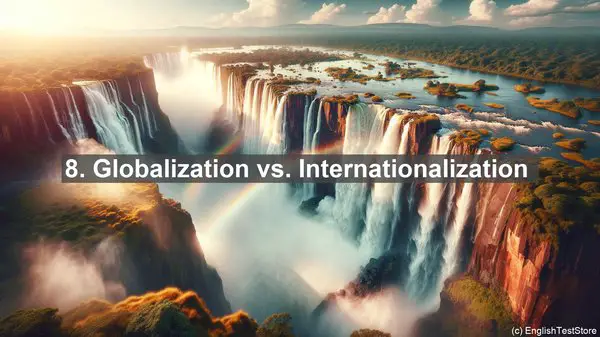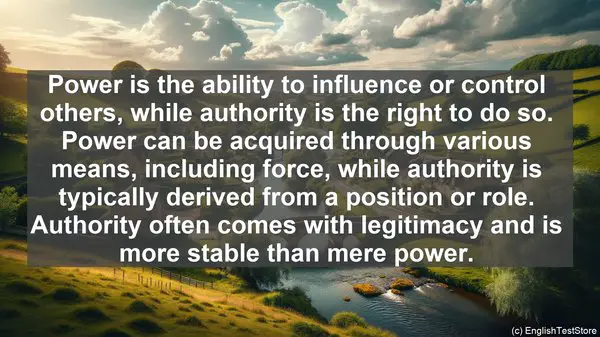Introduction
Welcome to our lesson on the top 10 commonly confused words in political psychology. Understanding these words is crucial for a comprehensive grasp of the subject. Let’s dive in!
1. Ideology vs. Political Party
Often used interchangeably, ideology refers to a set of beliefs and values, while a political party is an organized group that aims to influence policy. While an ideology may align with a party, they’re not the same. For example, one can have a conservative ideology but not be a member of any conservative party.
2. Authoritarian vs. Totalitarian
Both terms describe forms of governance with centralized power, but there’s a distinction. Authoritarian regimes limit individual freedoms, while totalitarian regimes seek complete control over all aspects of life, including thoughts and beliefs. Think of it as a spectrum, with totalitarianism being the extreme end.
3. Nationalism vs. Patriotism
Nationalism and patriotism both involve love and loyalty towards one’s country, but there’s a nuanced difference. Nationalism often includes a belief in the superiority of one’s nation, while patriotism is more about pride and support. Nationalism can sometimes lead to exclusionary or aggressive behavior.

4. Populism vs. Pluralism
Populism is a political approach that claims to represent the common people against an elite. It often emphasizes simple solutions and direct democracy. Pluralism, on the other hand, recognizes and values diverse interests and opinions, seeking to include them in decision-making processes.
5. Power vs. Authority
Power is the ability to influence or control others, while authority is the right to do so. Power can be acquired through various means, including force, while authority is typically derived from a position or role. Authority often comes with legitimacy and is more stable than mere power.
6. Left-Wing vs. Right-Wing
The terms left-wing and right-wing originated from the seating arrangement in the French Revolution’s National Assembly. Left-wing generally refers to progressive or liberal views, while right-wing signifies conservative or traditional views. It’s a broad categorization, and specific policies may vary.
7. Democracy vs. Republic
While often used interchangeably, there’s a distinction. Democracy is a system where citizens have a direct or indirect say in decision-making. A republic, on the other hand, is a form of democracy where the country is considered a ‘public matter’ and not the private concern of rulers or a monarchy.
8. Globalization vs. Internationalization
Both terms involve interactions between countries, but there’s a difference in scope. Globalization refers to the increasing interconnectedness of nations in various aspects, including economics, culture, and politics. Internationalization, on the other hand, is more focused on cooperation and relations between countries.
9. Activism vs. Advocacy
Both involve efforts to bring about change, but there’s a distinction. Activism often implies direct action, such as protests or demonstrations, while advocacy involves speaking or working on behalf of a cause. Activism can be seen as a subset of advocacy, with a more hands-on approach.

10. Propaganda vs. Persuasion
Both involve shaping opinions, but there’s a difference in intent and methods. Propaganda often aims to manipulate or deceive, using biased or misleading information. Persuasion, on the other hand, seeks to convince through reasoned arguments and evidence, without resorting to manipulation.
